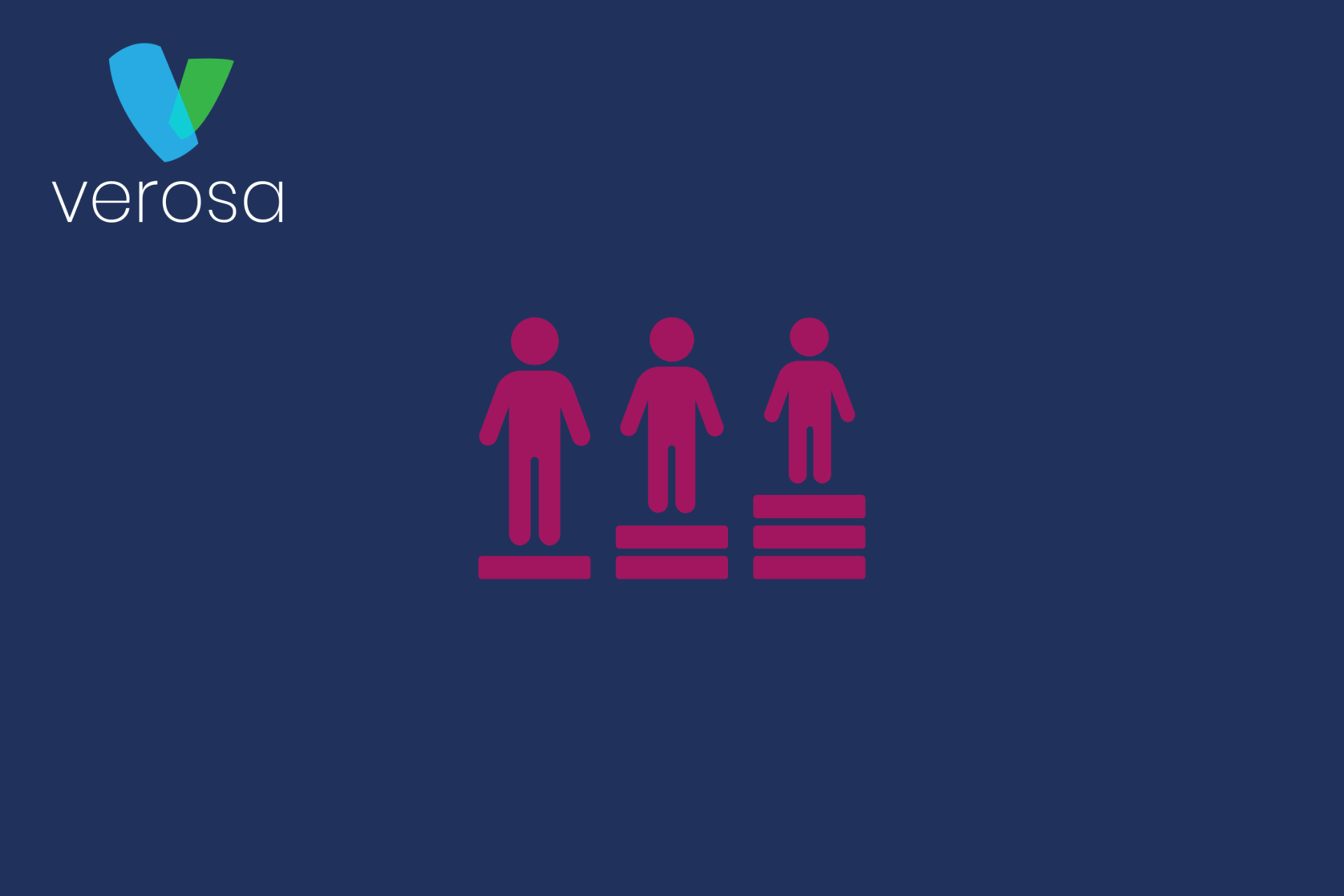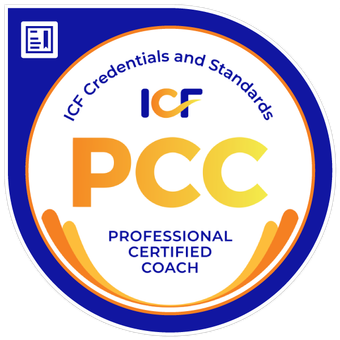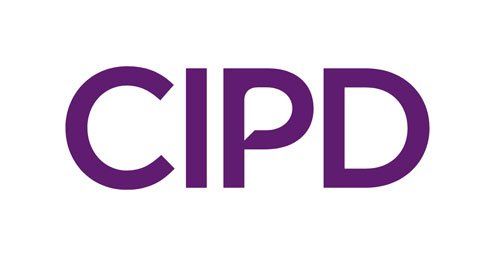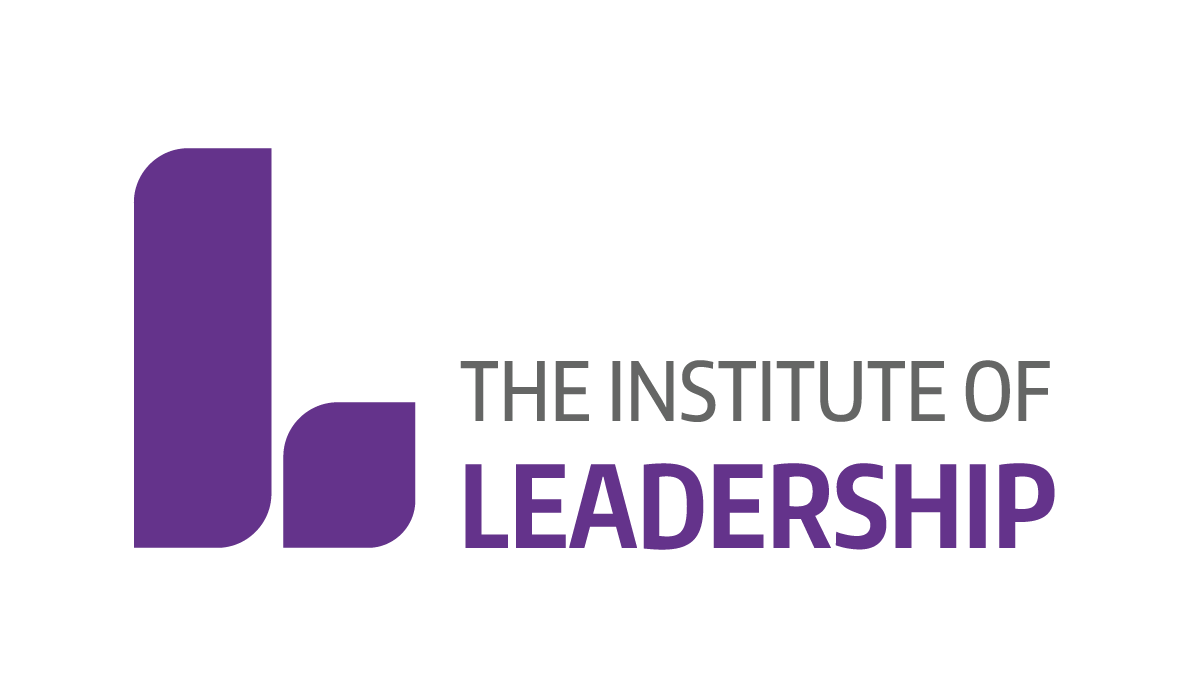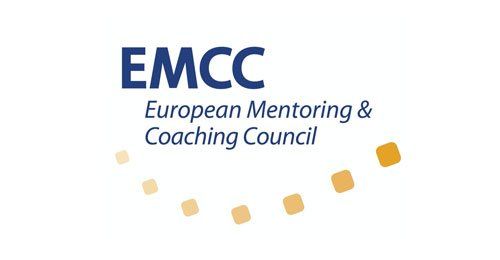by Richard Hood
•
5 February 2025
In the ebb and flow of daily life, many of us unconsciously weigh ourselves against others. In the boardroom, this can be particularly acute. We assess who seems to have more - more success, more ideas, more confidence, more opportunities—or less. These comparisons can trap us in an unhelpful cycle of inferiority or superiority, a dynamic that is as corrosive to our individual wellbeing as it is to the systems we operate in. But what if there was a better way to navigate these moments? What if, instead of falling into the binary of "more than" or "less than," we embraced a mindset that levels the playing field? I call this The Equality Complex. Equality in Value, Difference in Circumstance At its heart, the Equality Complex is about remembering a simple but profound truth: we are equal in value but different in circumstance. In the context of leadership and the workplace, this means understanding that while differences in circumstances - experience, resources, roles, or external pressures - can lead to varied performance levels and capabilities, we are all ultimately human beings of equal worth with a shared psychology. Recognising and respecting these differences is key to creating equitable and effective systems. Why the Inferiority/Superiority Dynamic Persists Naturally, we’re conditioned to see the world through a lens of comparison. In the workplace, this might look like measuring ourselves against colleagues who seem to excel in high-pressure situations, possess specific expertise, or receive accolades more often. These comparisons can feed feelings of inadequacy or inflate egos, neither of which contributes to healthy leadership or team dynamics. At a systems level, the inferiority/superiority dynamic undermines equity and collaboration. By valuing only certain types of performance or outcomes, organisations risk overlooking the contributions of those operating under different circumstances or in less visible roles. A New Way of Leading The Equality Complex offers a framework for leaders to approach their teams with a balance of empathy and accountability: 1. Equal worth, tailored support Recognise that while every team member brings equal value to the organisation, their needs and circumstances may vary. A high performer under ideal conditions might struggle under external pressures, while someone less visible might thrive with the right support. Leadership is about identifying and addressing these nuances to empower every individual to succeed. 2. Context-driven performance Understand that performance is often circumstantial. Acknowledging this doesn’t mean lowering standards but instead creating the conditions where everyone has an equitable opportunity to excel. This could involve adjusting workloads, providing targeted resources, or fostering psychological safety. 3. Ego in check, vision in focus For leaders, adopting the Equality Complex means letting go of hierarchical thinking that places some voices above others. Instead, it’s about creating an environment where diverse perspectives can thrive and contribute to a shared vision. Levelling Imposter Complex On an individual level, the Equality Complex is a powerful tool for dismantling imposter complex. Leaders who struggle with self-doubt can reframe their thinking by focusing less on comparison and more on their unique circumstances and contributions. Similarly, this mindset helps prevent overconfidence or ego-driven behaviour by emphasising shared value and collective goals over individual achievements. Building Equal Systems Organisations that adopt the Equality Complex can transform not only their culture but also their outcomes. Leaders can create cultures that inspire growth, collaboration, and sustained performance. When systems are designed to value everyone equally while accommodating circumstantial differences, they become more inclusive, innovative, and resilient. Practical steps for embedding this mindset into workplace systems include: Tailored development opportunities: Design leadership and skill-building programmes that cater to team members at different career stages or performance levels, enabling everyone to maximise their potential. Performance evaluation with perspective: Refine evaluation and reward structures to consider contextual challenges and unique contributions, ensuring that success is recognised in its many forms. Creating an open feedback loop: Encourage team members to share insights into challenges or opportunities that may impact performance, fostering an environment of trust, adaptability, and continuous improvement. Closing the Gap The Equality Complex is more than a mindset - it’s a movement towards balanced, authentic leadership and equitable workplaces. By embracing the idea that we are equal in value but different in circumstance, we can break free from the trap of comparison and build systems where egos are kept in check and imposter syndrome is kept at bay. The truth is, none of us are more or less. We are simply different. And when leaders embrace that difference with respect and purpose, the possibilities for connection, growth, and impact are limitless.
